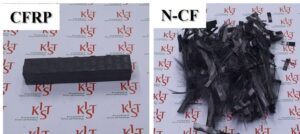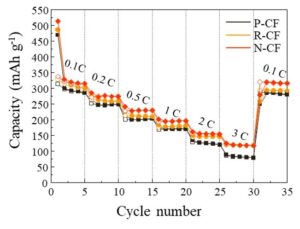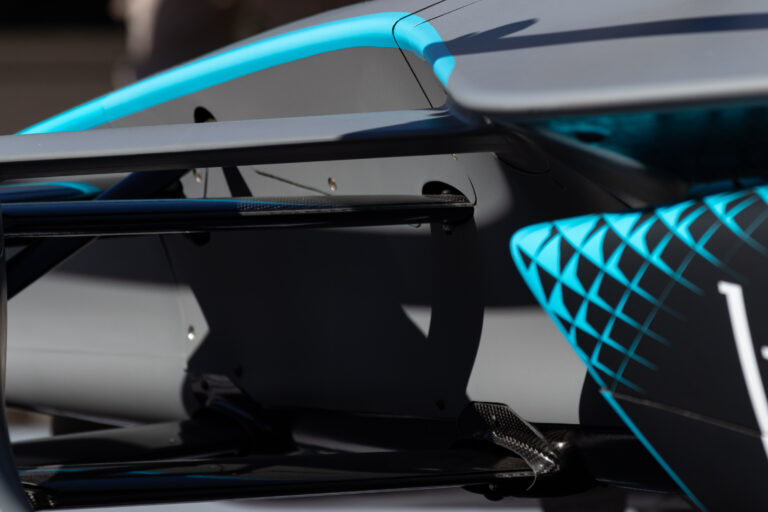Carbon fiber reinforced plastics (CFRP) are widely used in various industries, such as aviation, aerospace, automotive and marine, due to their lightweight and high strength properties. However, the increased adoption of CFRP in new industries like air mobility has led to a waste disposal challenge as CFRP is not biodegradable and traditional high-temperature incineration methods cause environmental pollution.
A team at the Korea Institute of Science and Technology (KIST), led by Yong-chae Jung, director of the RAMP Convergence Research Center, has developed a recycling technology to address this issue. The technology uses water in a supercritical state, which occurs under specific temperature and pressure conditions, to recycle over 99% of CFRP materials within a short timeframe.

Supercritical water’s unique properties enable it to selectively remove the epoxy impregnated in CFRP, resulting in recycled carbon fiber. The process, say the researchers, is highly efficient and does not require catalysts, oxidants or organic solvents.
The researchers also discovered that adding glycine to supercritical water can upcycle CFRP into recycled carbon fiber doped with nitrogen atoms, enhancing its electrical conductivity.
This process therefore enables simultaneous recycling and upcycling of CFRP within a short duration while controlling the structure and properties of the recycled fiber. The upcycled carbon fibers demonstrate comparable or superior performance to graphite when used as electrodes in e-mobility batteries, expanding their potential applications beyond filler materials in composites.

“As the amount of carbon fiber reinforced plastics (CFRPs) waste is increasing globally, we have developed a technology to upcycle it in an eco-friendly way,” said Yong-chae Jung.
“It is a meaningful research achievement that not only dramatically reduces carbon emissions, but also presents a virtuous cycle of resources that can be converted into battery electrode materials for e-mobility.”
The research was supported by the Ministry of Science and ICT (Minister Jong-ho Lee) through the KIST Convergence Research Center Project (CRC23011-000) and the Nano and Material Technology Development Project (2021M3H4A1A0304129), and the results were published in the latest issue of the international journal Carbon.



